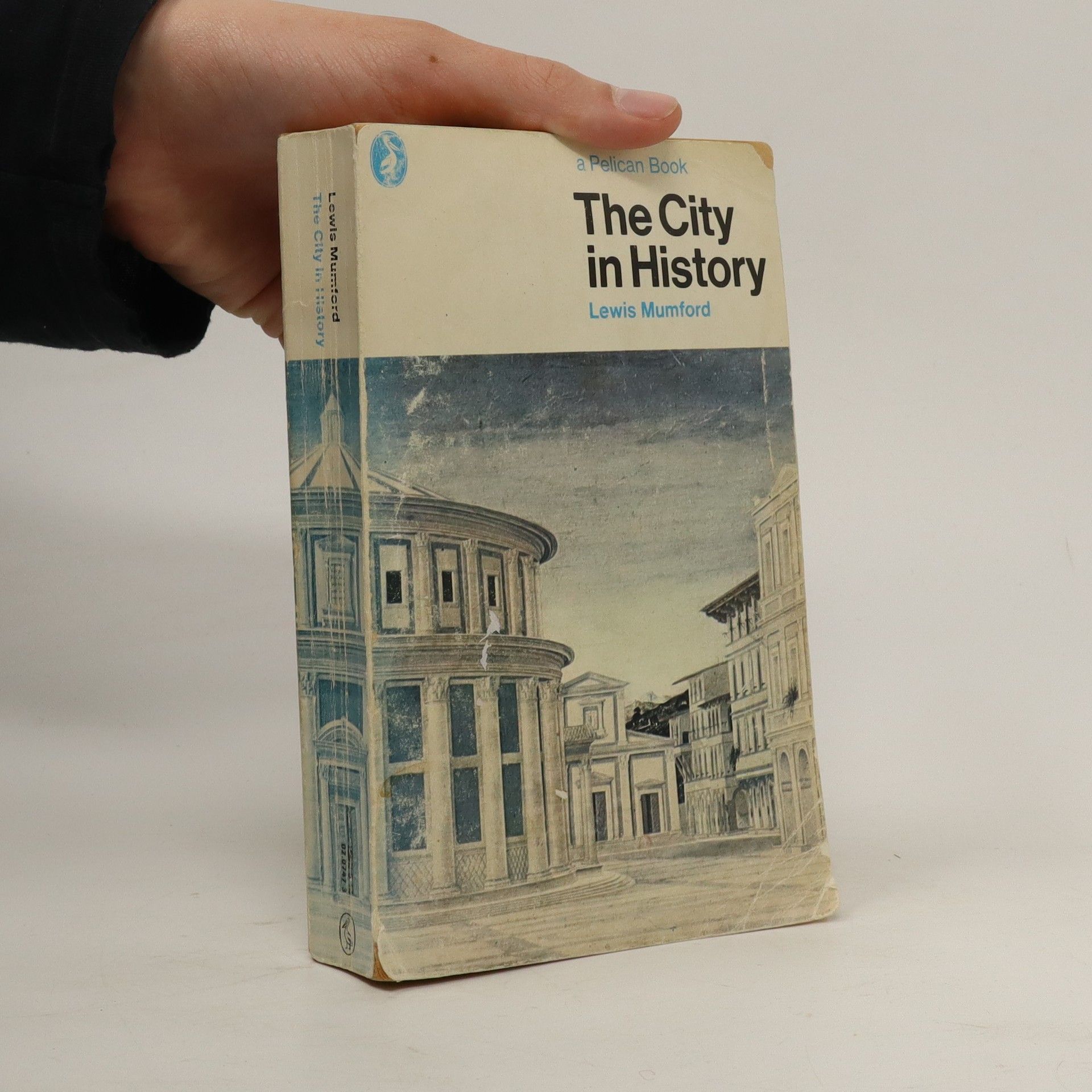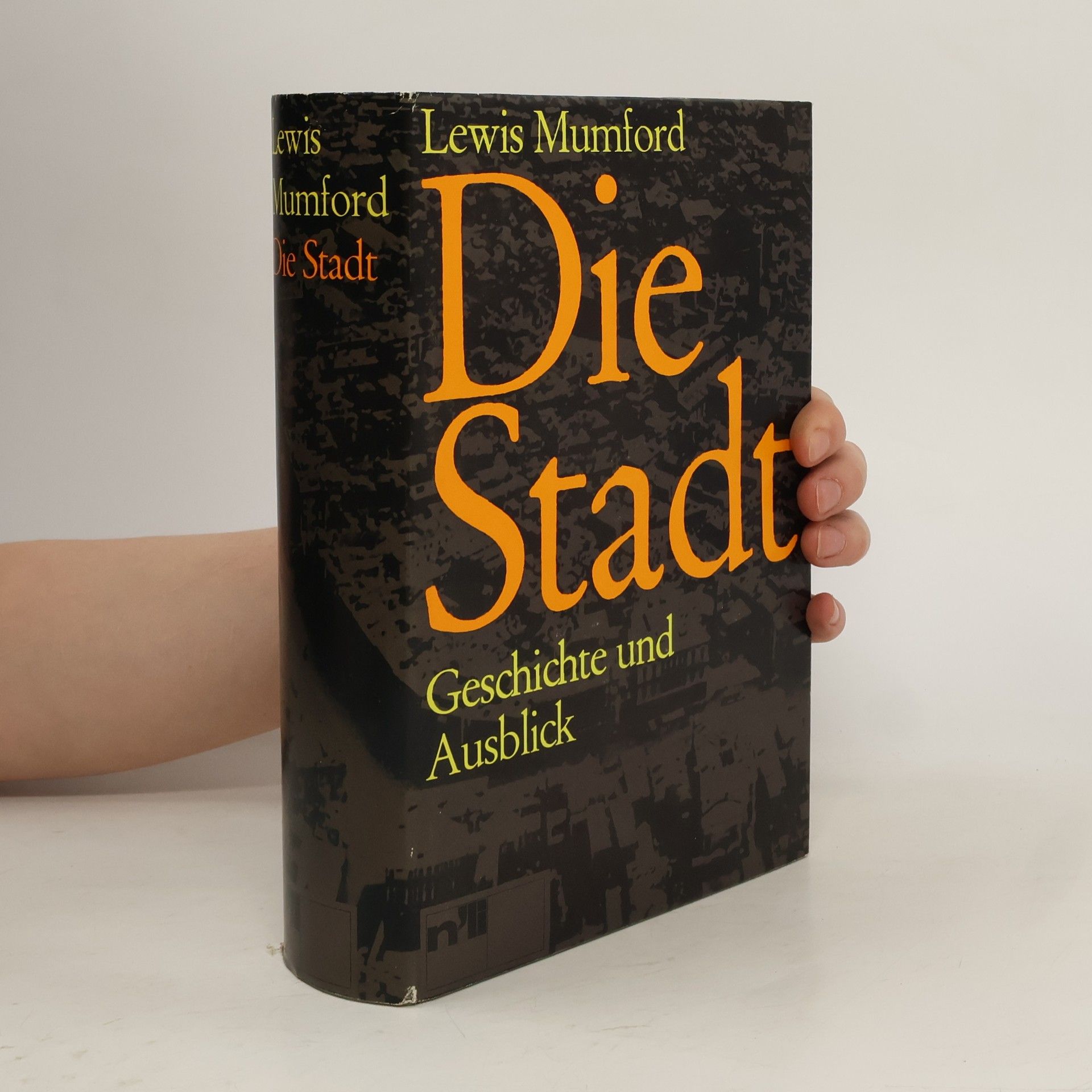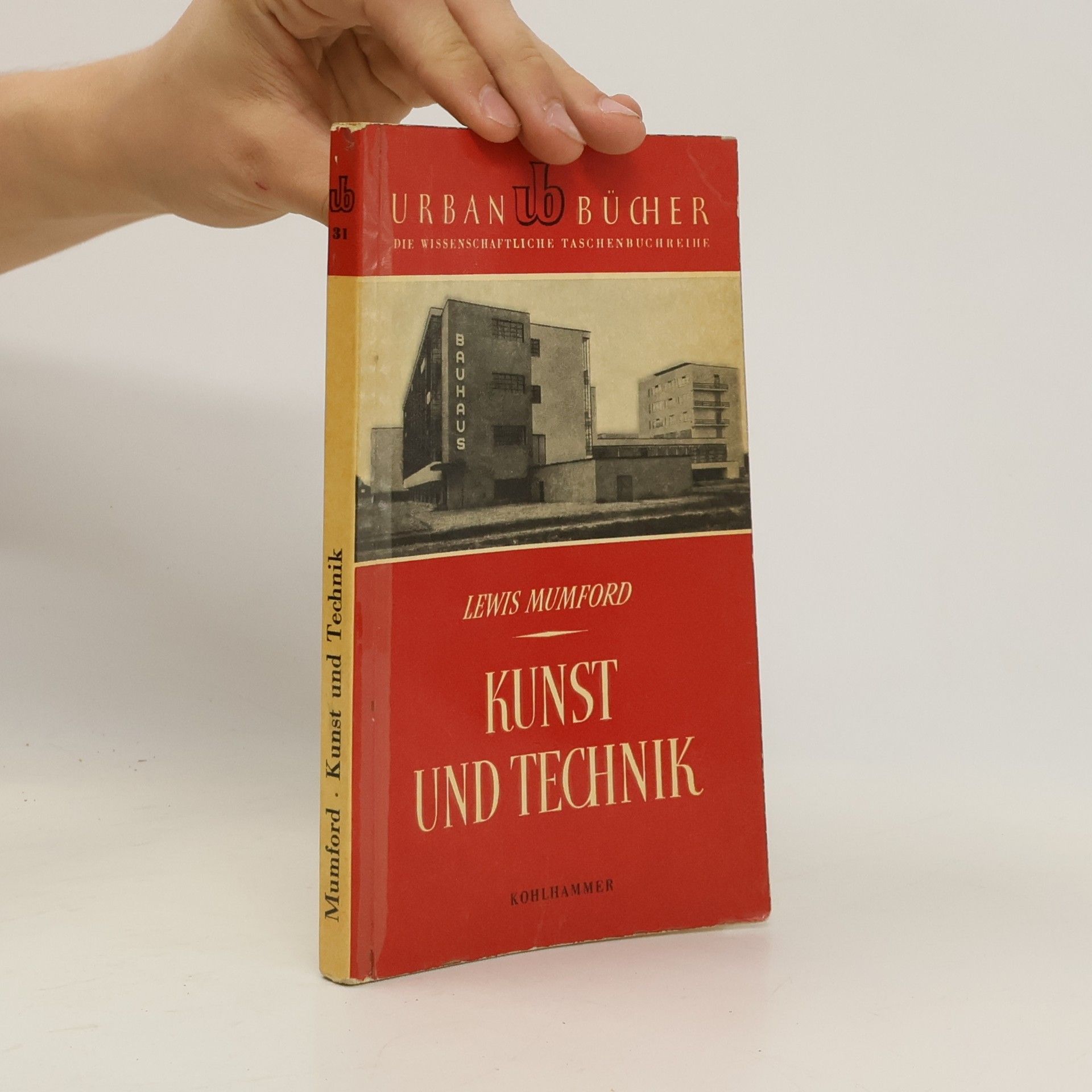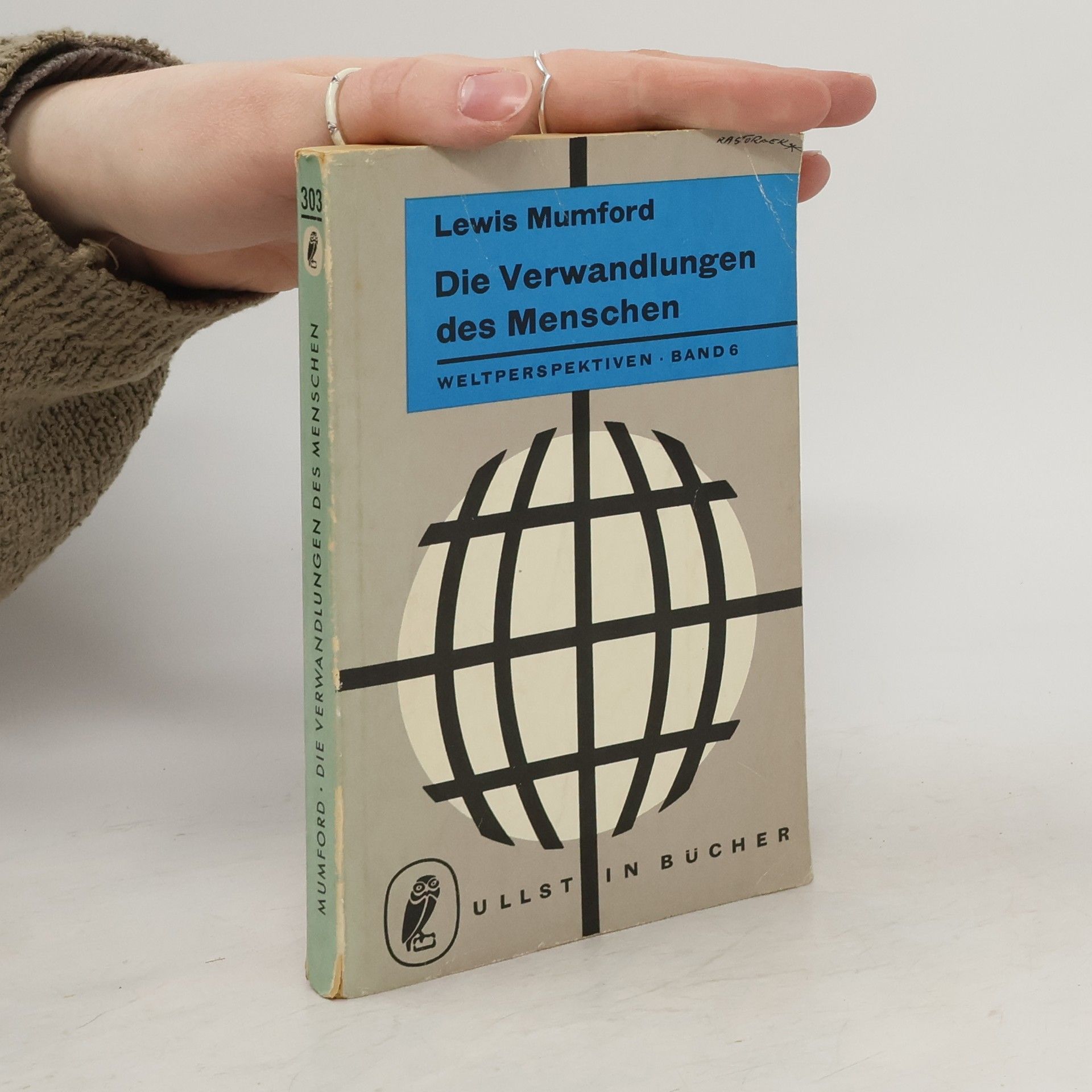Lewis Mumford Livres
Lewis Mumford était un historien et philosophe américain, renommé pour ses études approfondies sur les villes et l'architecture urbaine. Sa carrière aux multiples facettes a également englobé une période significative en tant que critique littéraire influent, reflétant ses vastes intérêts intellectuels. Mumford a exploré la relation complexe entre l'humanité, la technologie et l'environnement bâti, laissant un impact durable sur la compréhension du développement urbain et de ses implications culturelles.






Focusing on utopias of reconstruction, Lewis Mumford explores influential ideas from Plato to the twentieth century, analyzing how they propose to reshape society. He examines notable works, including More's Utopia and H.G. Wells's fiction, and presents a checklist to evaluate societal alignment with utopian ideals, covering aspects like governance, living standards, and the arts. This foundational text not only reflects Mumford's innovative scholarship but also addresses enduring issues such as social equity and the interplay of science and creativity, relevant to contemporary challenges.
The classic study of the city -- its origins, its transformations, and its prospects. Winner of the National Book Award.
The Transformations of Man
- 190pages
- 7 heures de lecture
The book draws parallels between the profound changes in 20th-century human life and the revolutionary shift that led early humans into civilization. It explores how modern advancements and societal developments echo the transformative experiences of our ancestors, providing insight into the evolution of human communities and the impact of progress on society.
Die Stadt
Geschichte und Ausblick



